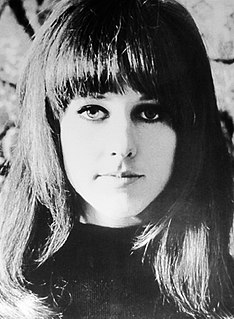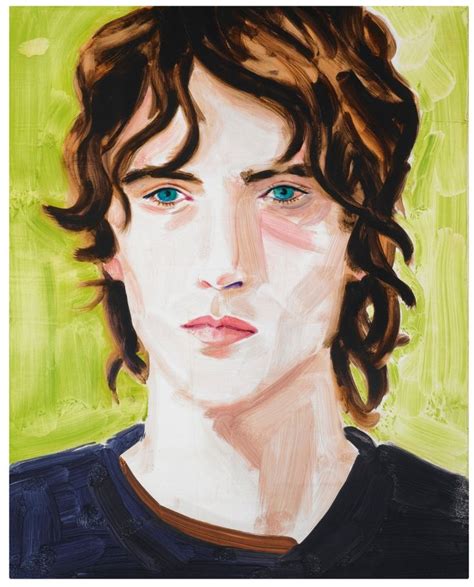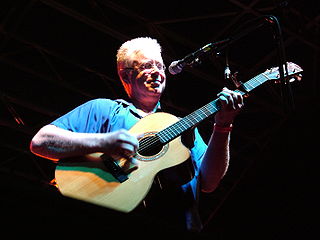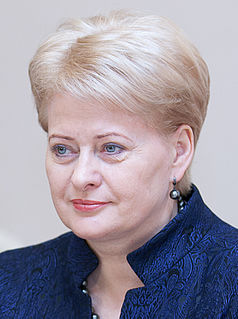A Quote by Jim Woodring
I wanted to be a pariah, because all my heroes were cult artists, people who devoted their lives to poking into very narrow, very deep corners - Erik Satie, Alfred Jarry, Malcolm Lowry - people who suffered in order to express their vision of life.
Related Quotes
When you had the World Trade Center go, people were put into planes that were friends, family, girlfriends, and they were put into planes and they were sent back, for the most part, to Saudi Arabia. I would be very, very firm with families. Frankly, that will make people think because they may not care much about their lives, but they do care, believe it or not, about their families' lives.
Elements within Malcolm's X own entourage, some of them were very angry with some of the changes that had occurred with Malcolm. One source of anger, curiously enough, was that - was the tension between MMI and OAAU, that the MMI, the Muslim Mosque Incorporated, these were women and men who had left the Nation of Islam out of loyalty to Malcolm, but then Malcolm continued to evolve rapidly.
Just from my own experience, a lot of the comedians I used to work with were miserable in their actual lives. I think you need to be able to see a lot of negative in things in order to extract material, so there's probably something to that. A lot of the people I used to work with were very, very, very unfunny offstage, so that's a pretty common thing.
The people who have impressed me most - and the closest I've come to having heroes - are the people who have devoted their lives to making things better for others. These are people whose names you never hear, people who work for Doctors Without Borders, Oxfam, and other humanitarian groups. They're just out there in the world, doing stuff.
The greatest in heroes in life are the anonymous. That's what I believe. Your neighbours are heroes. People who, when you walk down the street, you see them feeding their little baby - these people are heroes because they are living under difficult situations, but they're still trying to save a life.
I ran for president because I wanted to help Lithuania and its people during a difficult time. My country was on the very edge of an economic crisis, and people were disappointed by the economic situation and the political elite. We all needed change and motivation to consolidate our efforts in order to overcome the difficulties.
There were internal critics, sharp critics, who were very opposed to [Malcolm X], and who were very - some of them were members of Elijah Mohammad's family, such as Herbert Mohammad, Raymond Shareef, who was the head of the Fruit of Islam, the brother-in-law of - the son-in-law of Elijah Mohammad. They isolated Malcolm X and kept him out of the newspaper of the organization Mohammad Speaks for over a year, which is kind of curious.







































